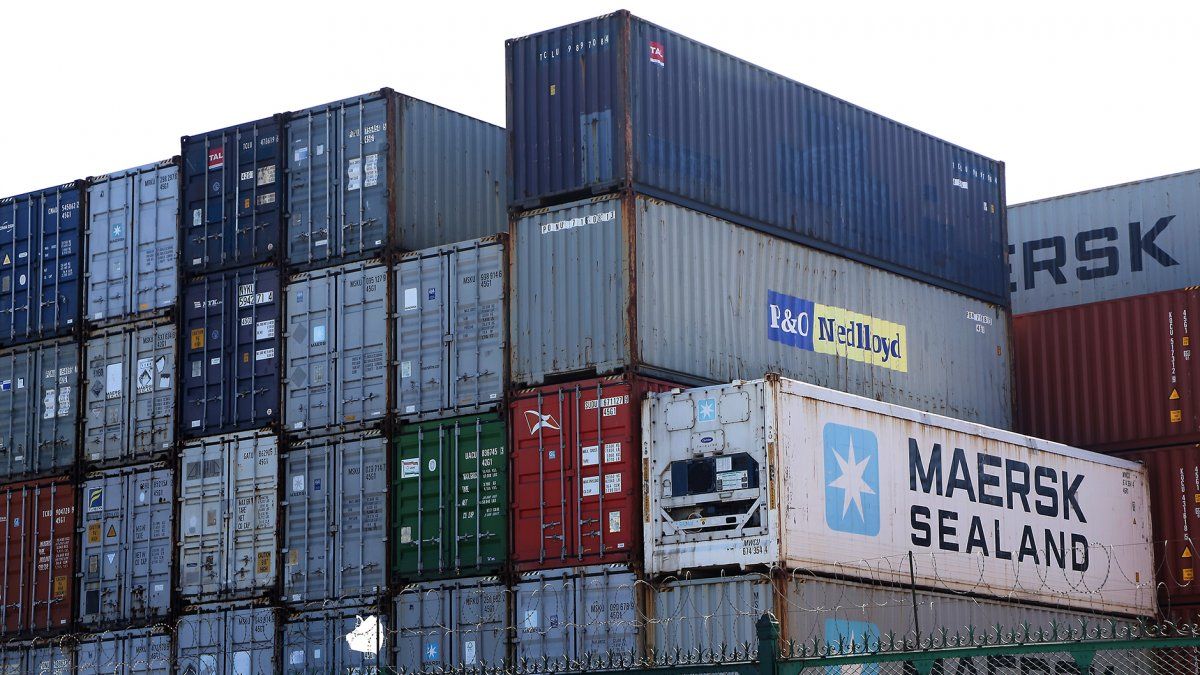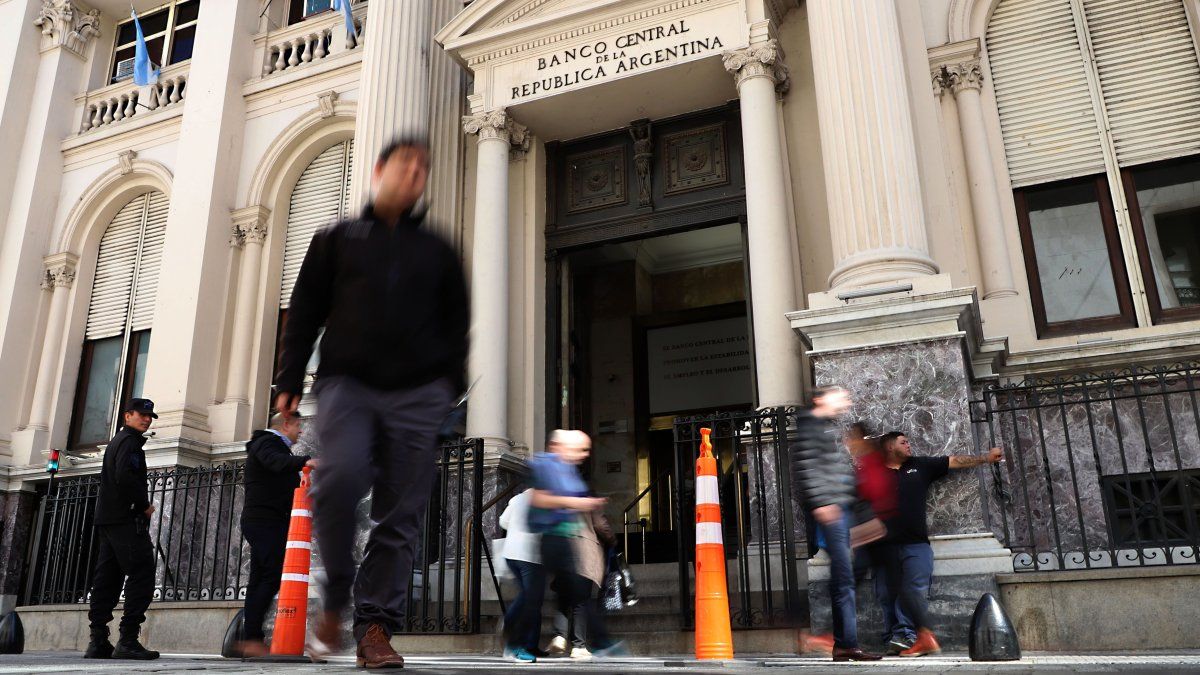He Central Bank (BCRA) issued a rule in recent days that brings news for the foreign trade sector that regulates the payment of freight for imports and exports. It is a rule that it can be the advance of future steps in the forward payment process of that item for importers and exporters.
What was arranged through the Communication “A” 7789is remove the code that identified all types of freight services (both impos and expos) before the BCRA and set two new that differentiate them according to type of operation.
“What was done was to eliminate the S02 code and put the S30 for freight services for imports and the S31 for exports. Nothing else changes at all.”details to Ambit Esteban Marzorati, former director of National Imports.
The foreign trade expert recalls that “some time ago, the Government began to require operators to submit SIRASE for code S02 and that generated a lot of noise in the sector.” And now comes this regulatory novelty that, according to official sources, does not bring any change in terms of deadlines: which remain at zero days for contracted freight and 90 for intra-company freight.
The norm opens a door to the arrival of novelties
However, Marzorati believes that it is probable that, going forward, we can begin to see the application of policies differentiated by code. Thus, on the one hand, what opens this division of codes is that they can give code zero days to export regardless of the provider. Although the truth is that it is very rare that there is an intra-company freight to export and that, in any case, it is the Ministry of Commerce that sets the payment periods.
However, on the other hand, it is not ruled out that, since the identification code was opened in imports and exports, we can begin to see the arrival of new regulations that give more flexibility to sales freight abroad and to those of purchase of products outside the current policy will be maintained.
A response to claims
Thus, according to Marzorati, this measure by the BCRA responds to the fact that there were many complaints regarding the requirement of the SIRASE for freight and ensures that “it is likely that the Government is preparing the ground for future decisions, such as the elimination of the SIRASE requirement for exports, or applying different types of payments for each type of freight.”
For now, no new definitions in this regard beyond the changes in the codes described above, which does imply a need for adaptation in the systems of the banks and the Federal Administration of Public Revenues, which between today and tomorrow will begin to have their systems adapted to this novelty .
However, what is certain is that the measure seeks to bring some response to the claims that foreign trade operators have been making since the SIRAS requirement was implemented. Recently, the foreign chambers of commerce agreed to claim the Government for the situation of the freights and extensions in the terms.
Source: Ambito




